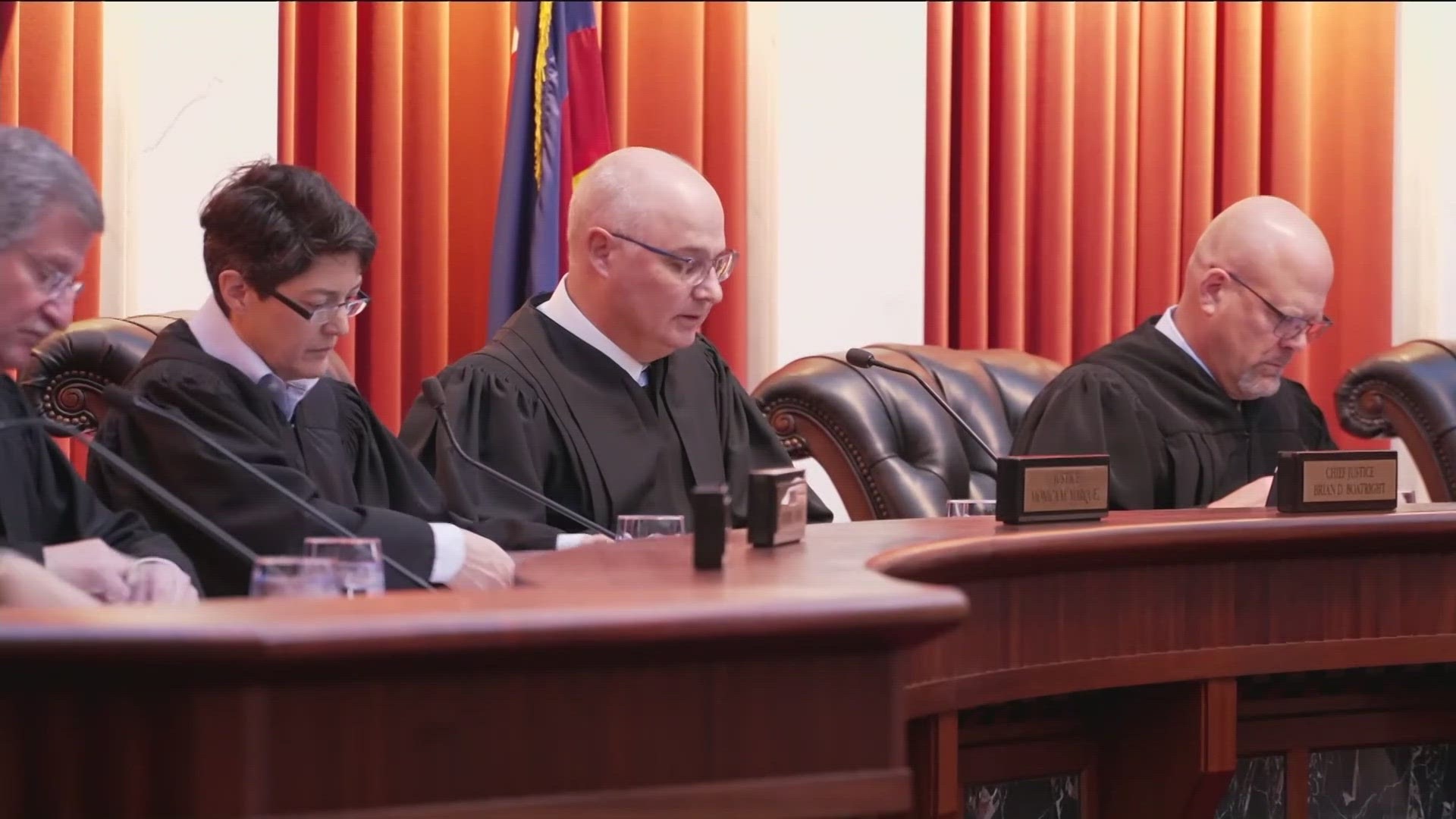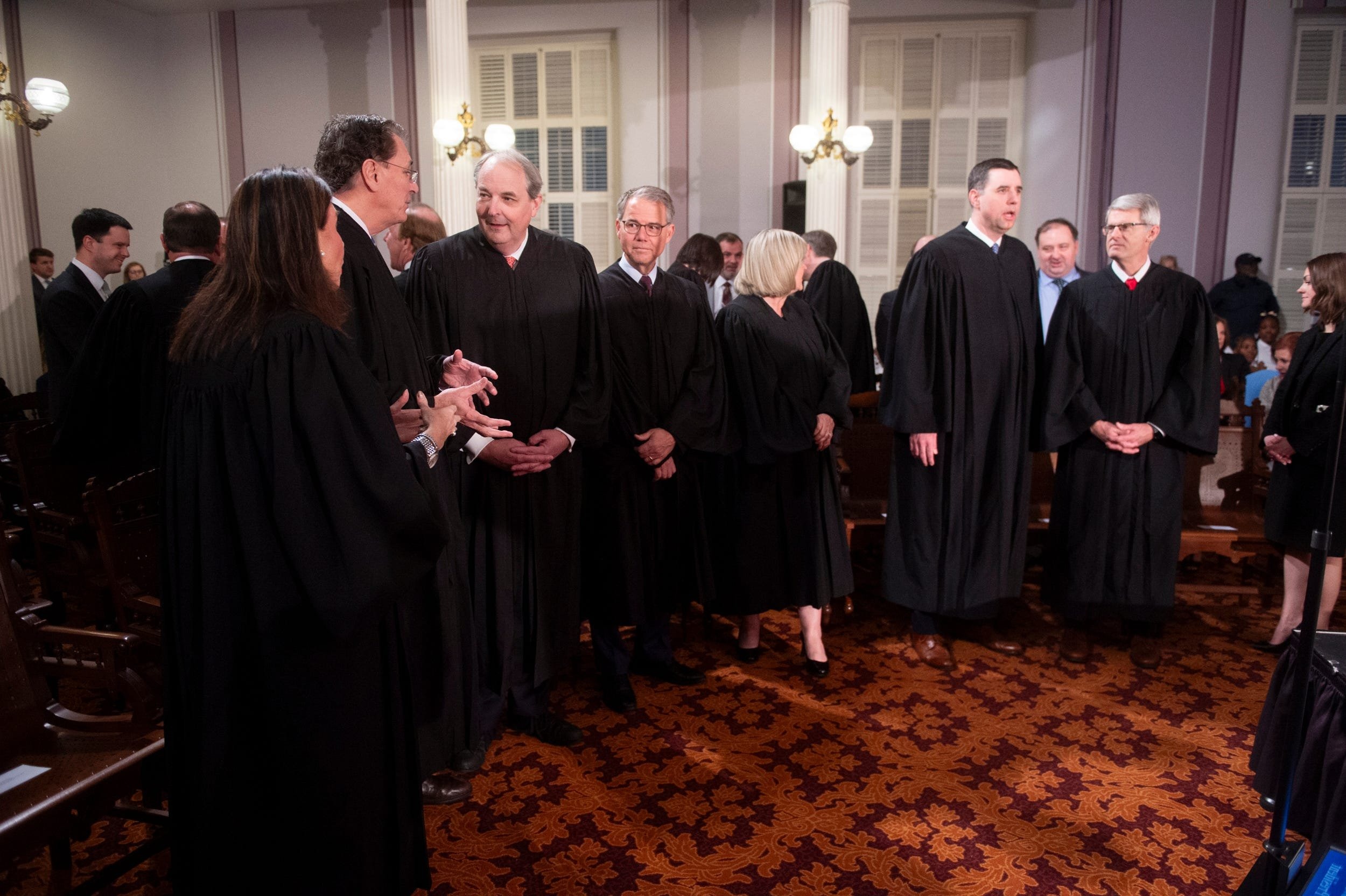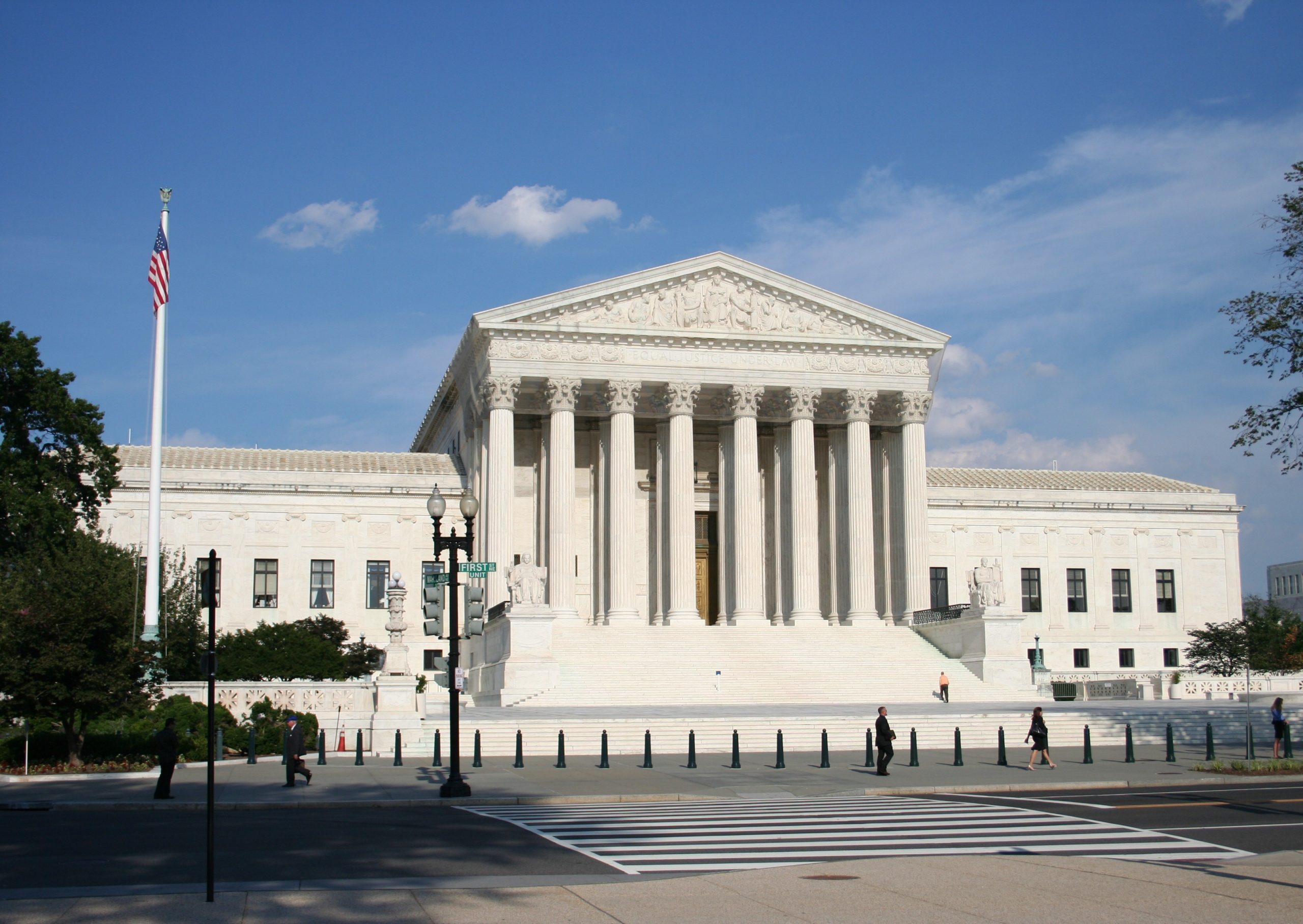In a pivotal term that could establish crucial precedents for free speech in the digital era, the Supreme Court is delving into a contentious dispute on Monday between Republican-led states and the Biden administration regarding the extent to which the federal government can intervene to address contentious social media content related to topics such as COVID-19 and election security.
At the heart of the matter is a lawsuit filed by Louisiana, Missouri, and other entities, alleging that administration officials exerted undue pressure on social media platforms to stifle conservative viewpoints unconstitutionally.
While lower courts have ruled in favor of the states, the Supreme Court intervened by halting those decisions pending further review.

Supreme Court Judges (Credits: 9News)
This case is just one facet of the Supreme Court’s agenda, which is heavily focused on social media issues this term. Recently, the Court outlined guidelines governing when public officials can block followers on their social media accounts.
Moreover, arguments were heard less than a month ago regarding laws passed by Republicans in Florida and Texas, aimed at preventing large social media companies from censoring posts based on their expressed viewpoints.
Both the state laws under scrutiny and the case at hand share a common thread: allegations of censorship against conservative perspectives.
The states assert that White House officials, including communications staffers, the surgeon general, the FBI, and the U.S. cybersecurity agency, applied pressure on platforms like Facebook and Twitter to alter online content.
Louisiana Attorney General Liz Murrill emphasized the gravity of such government intervention, stating, “It’s a very, very threatening thing when the federal government uses the power and authority of the government to block people from exercising their freedom of speech.”

Supreme Court (Credits: GZERO Media)
In response, the administration contends that the actions in question did not constitute coercive tactics. Solicitor General Elizabeth Prelogar, representing the administration, argued that the states failed to demonstrate any instance where government officials coerced platforms into altering editorial decisions under threat of adverse government action.
The companies themselves are not directly involved in the legal proceedings. Free speech advocates urge the Court to establish a clear delineation between acceptable government discourse and coercive threats to free expression.
Alex Abdo, litigation director of the Knight First Amendment Institute at Columbia University, stressed the need for the government to engage in public discourse effectively without resorting to censorship.
The 5th U.S. Circuit Court of Appeals previously ruled, in a divided decision, that the administration likely exerted unconstitutional pressure on social media platforms.
The appellate panel determined that officials cannot coerce or significantly encourage changes in online content. The Supreme Court intervened by halting this ruling in October and agreeing to take up the case.
A decision in Murthy v. Missouri, 23-411, is anticipated by early summer, with the case poised to shape the landscape of digital free speech rights.























